PCBX.com Resources
Your source for industry knowledge, news, and expert insights

Latest Posts
Article
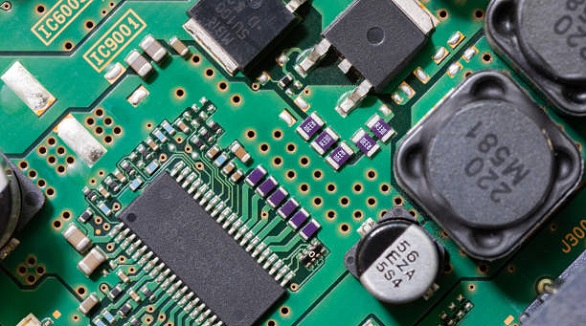
Serial numbers on PCBs are crucial for traceability, quality control, warranty support, and inventory management, ensuring compatibility and efficient device management.
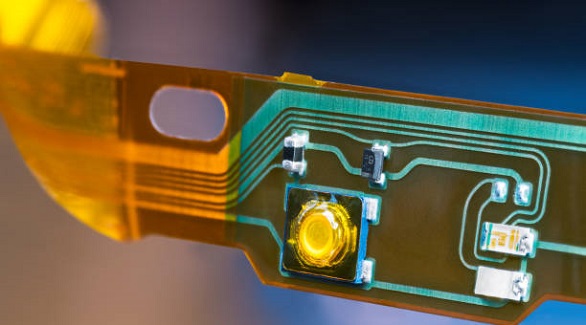
Flex PCB thickness affects performance, offering flexibility, compact design, and durability but demands careful material selection and precise engineering.
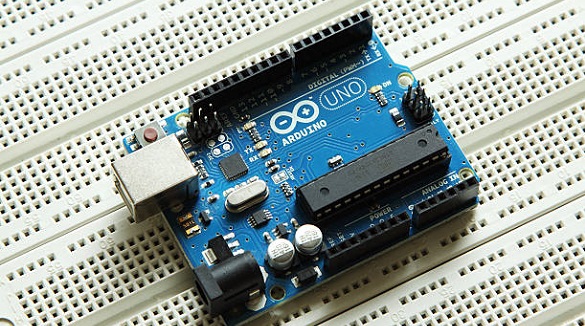
FPGAs with Arduino, like MKR Vidor 4000, enhance electronics prototyping with high flexibility, real-time processing, and customization for diverse applications.
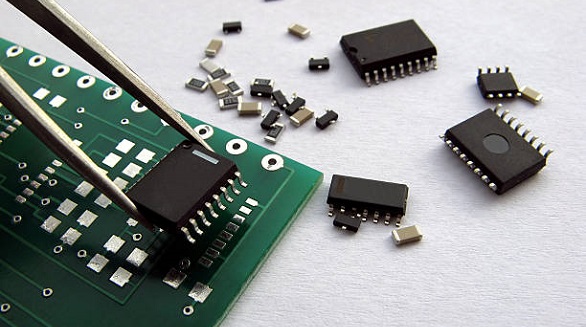
Visual components streamline design and simulation in manufacturing, improving communication, user experience, and efficiency, especially for PCB production.
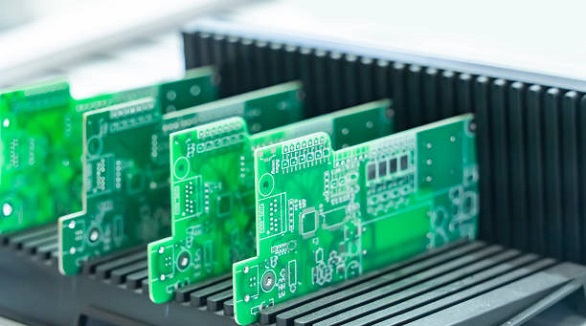
Box build assembly integrates components into complete systems, including PCBs, cables, and enclosures, requiring careful planning and quality testing.
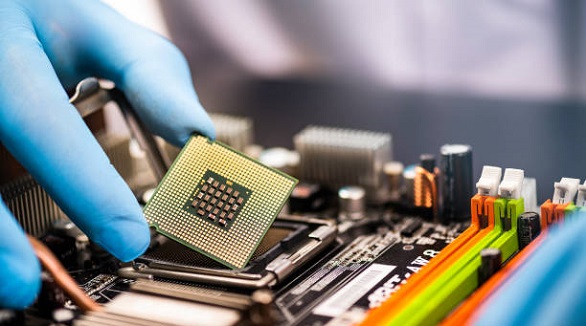
PCB kits are essential for hobbyists and students, offering all components to easily assemble and test functional electronics, enhancing practical learning.
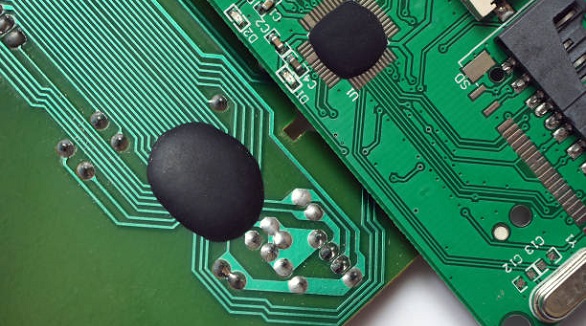
Lead-free solder, safer for the environment, requires higher temps and careful handling; lead solder offers ease but poses health and environmental risks.
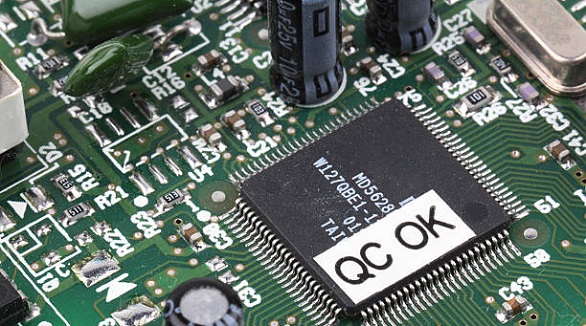
IPC-A-600 standard guides PCB quality through three class levels, ensuring durability and reliability for diverse applications, crucial for manufacturers.
